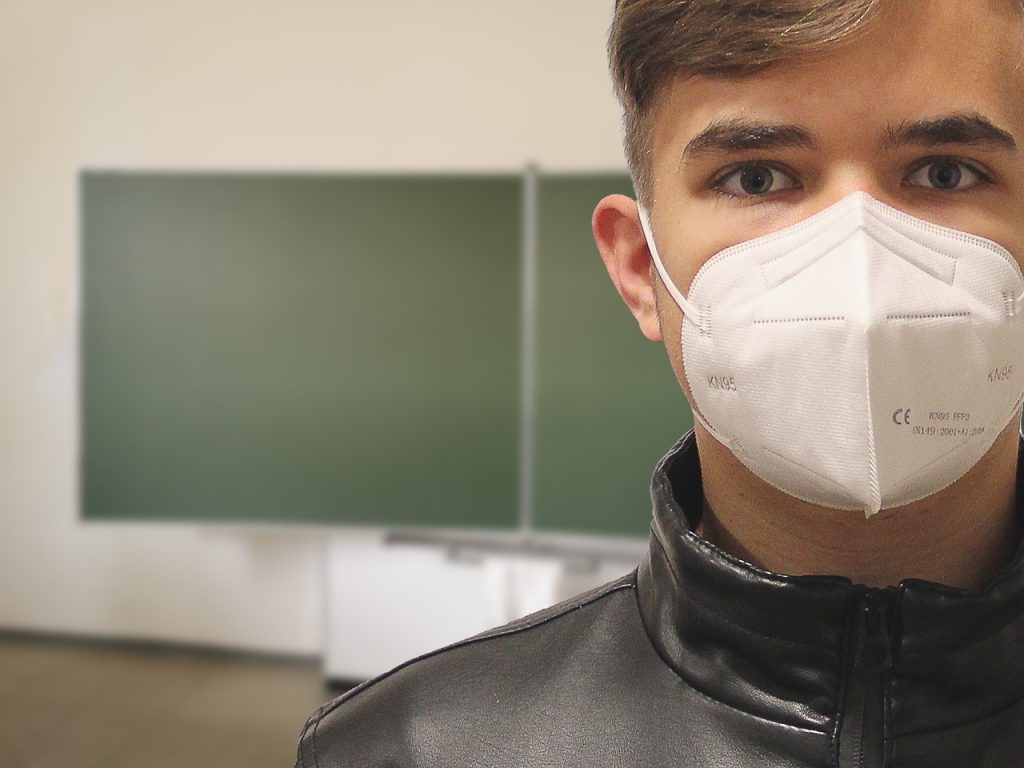Crises such as the COVID-19 pandemic can profoundly perturb socioeconomic activities and human interactions, especially within a serious health risk context. Therefore, opportunities to physically participate in classes, go out, or enjoy meetings with colleagues, friends, and family, can be hampered. Such challenges can generate weariness and unpredictability or affect psychological well-being. It is essential to remain calm and follow the advice and recommendations of competent public authorities and the instructions of top management.
Organizing activities that are briefer, engaging, and suitable for the online environment and facilitating open communication with students is advisable. Thus, they can obtain accurate information regarding the measures implemented to unfold the educational processes optimally. At the same time, students may seek resolution for possible uncertain or unpredictable situations they may face.
The pandemic outbreak required quick adaptation from both students and academic staff to a new reality. New teaching and assessment methods employing available platforms and digital tools had to be operationalized. Confusion and overburdening should be avoided by employing harmonized methods, tools, and processes. Adapting to new educational approaches and models demands a flexible attitude and engagement from both parties to ensure that knowledge is transferred and absorbed most effectively and engagingly.
Online education and new digital media use may imply acquiring new digital competencies. Ideally, students should be fully involved with the activities offered by the academic staff online and offline. This includes timely, comprehensible, and accurate communication to clarify any equivocal aspects, provide the information necessary for preparing various projects and ensure successful examinations while avoiding stress and burnout.
Author: Elena Dinu, PhD, Coordinator of the research on the academic quality

